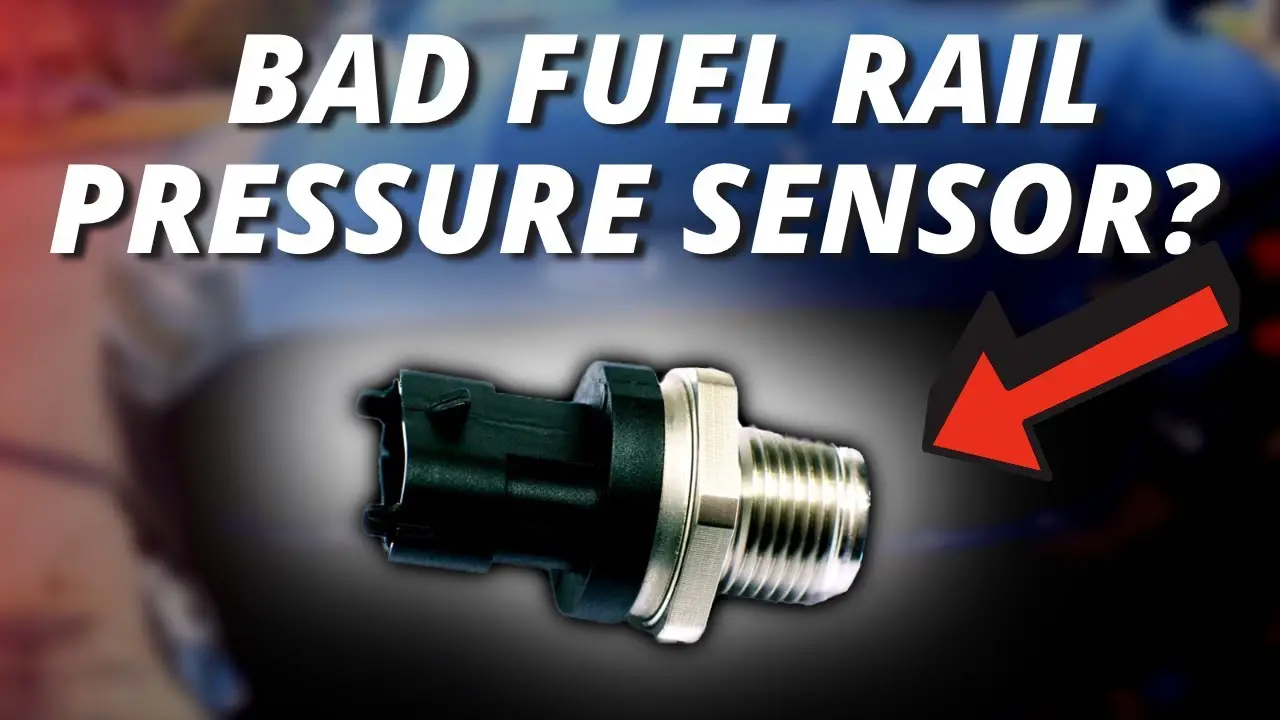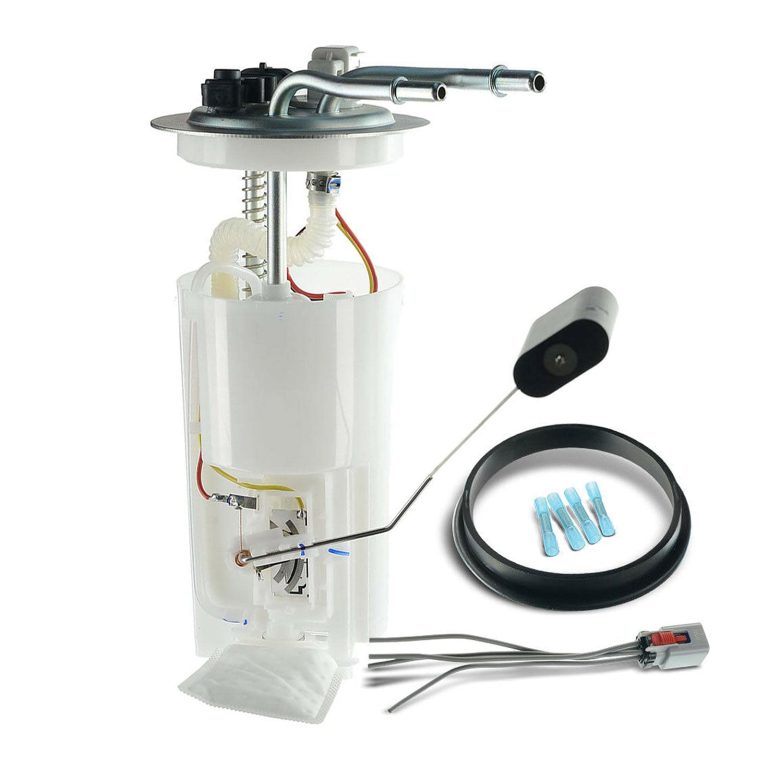Symptoms of a Bad Fuel Pressure Sensor
When it comes to the optimal performance of your vehicle, the fuel system plays a crucial role. The fuel pressure sensor is a vital component of this system, responsible for monitoring and regulating the fuel pressure to ensure efficient operation. However, like any other part of your car, the fuel pressure sensor is susceptible to wear and tear, which can lead to a range of issues.
Identifying the symptoms of a bad fuel pressure sensor is crucial for maintaining the overall health and performance of your vehicle. In this article, we will explore the most common signs that indicate a malfunctioning fuel pressure sensor, allowing you to address the issue promptly and prevent further damage to your vehicle.

Credit: www.dubizzle.com
1. Engine Stalling or Hesitation
One of the primary indicators of a faulty fuel pressure sensor is engine stalling or hesitation during acceleration. A malfunctioning sensor may send incorrect data to the engine control unit (ECU), leading to an imbalance in the fuel mixture and causing the engine to stall or hesitate when you step on the gas pedal. This can be not only frustrating but also potentially dangerous, especially in situations that require immediate acceleration, such as merging onto a highway.
2. Difficulty Starting the Engine
If you find yourself struggling to start your vehicle, the fuel pressure sensor could be to blame. A faulty sensor may cause the engine to receive an incorrect fuel pressure reading, resulting in inadequate fuel delivery to the engine during startup. As a result, you may experience extended cranking times or multiple attempts to start the engine, indicating a potential issue with the fuel pressure sensor.
3. Decreased Fuel Efficiency
A drop in fuel efficiency can often be attributed to a failing fuel pressure sensor. When the sensor provides inaccurate readings to the ECU, it can disrupt the ideal air-to-fuel ratio, leading to an inefficient combustion process. As a result, your vehicle’s fuel economy may suffer, causing you to make more frequent trips to the gas station than usual. Monitoring your fuel economy and noting any significant drops can help you identify potential issues with the fuel pressure sensor.
4. Check Engine Light Illumination
The check engine light serves as a general indicator of various issues within your vehicle, including potential problems with the fuel pressure sensor. When the sensor malfunctions and sends irregular signals to the ECU, it often triggers the illumination of the check engine light on the dashboard. If you notice this warning light, it is advisable to have your vehicle inspected by a qualified mechanic to determine the underlying cause, which could be related to the fuel pressure sensor.
5. Strong Odor of Fuel
In some cases, a faulty fuel pressure sensor may lead to a noticeable smell of fuel inside or outside the vehicle. When the sensor fails to regulate the fuel pressure effectively, it can result in fuel leaks or excessive fuel consumption, leading to the pervasive odor of gasoline. This symptom should never be ignored, as it poses not only a potential fire hazard but also indicates a serious issue with the fuel system that requires immediate attention.
6. Rough Idling or Misfiring
If you notice that your vehicle’s engine is running roughly at idle or experiencing frequent misfires, the fuel pressure sensor could be at fault. A malfunctioning sensor can disrupt the fuel delivery to the engine, leading to irregular combustion and causing the engine to idle erratically or misfire. These issues can be not only bothersome but also detrimental to the overall performance and longevity of the engine.
7. Loss of Power Under Load
When the fuel pressure sensor fails to maintain the appropriate fuel pressure under load, such as during heavy acceleration or climbing steep inclines, you may experience a noticeable loss of power. This occurs as the engine struggles to receive an adequate amount of fuel to meet the increased demand, resulting in reduced performance and responsiveness. If you find your vehicle lacking power under load, it is essential to address the potential fuel pressure sensor issue to avoid further complications.
Frequently Asked Questions Of Symptoms Of A Bad Fuel Pressure Sensor
What Are The Common Signs Of A Bad Fuel Pressure Sensor?
Common signs include engine stalling, low fuel efficiency, and difficulty starting.
How Can A Bad Fuel Pressure Sensor Impact Engine Performance?
A bad sensor can cause rough idling, engine misfires, and poor acceleration.
What Are The Potential Consequences Of Ignoring A Bad Fuel Pressure Sensor?
Ignoring it can lead to engine damage, increased fuel consumption, and emission issues.
How Frequently Should The Fuel Pressure Sensor Be Inspected?
It should be inspected during routine maintenance or at the first sign of trouble.
Conclusion
As demonstrated by the aforementioned symptoms, a bad fuel pressure sensor can significantly impact the overall performance and reliability of your vehicle. It is important to remain attentive to any signs of malfunction and take proactive measures to address them promptly. Ignoring the symptoms of a faulty fuel pressure sensor can lead to more severe issues and costly repairs down the road.
If you suspect that your vehicle is exhibiting any of these symptoms, it is advisable to consult a professional mechanic who can conduct a thorough diagnostic assessment and provide the necessary repairs or replacements. By addressing the issue early on, you can ensure the continued efficiency and safety of your vehicle’s fuel system, allowing you to enjoy a smooth and trouble-free driving experience.




One Comment
Comments are closed.